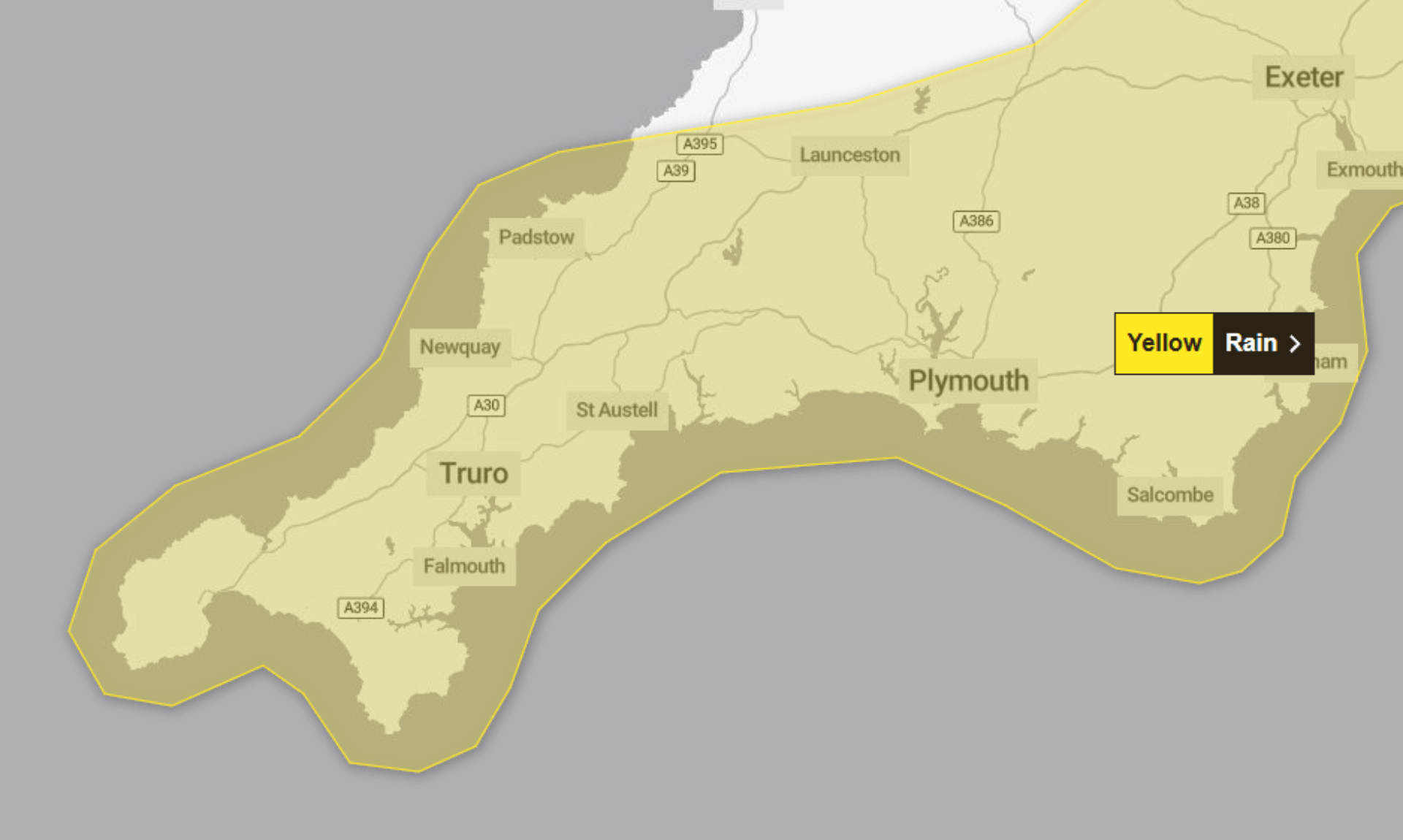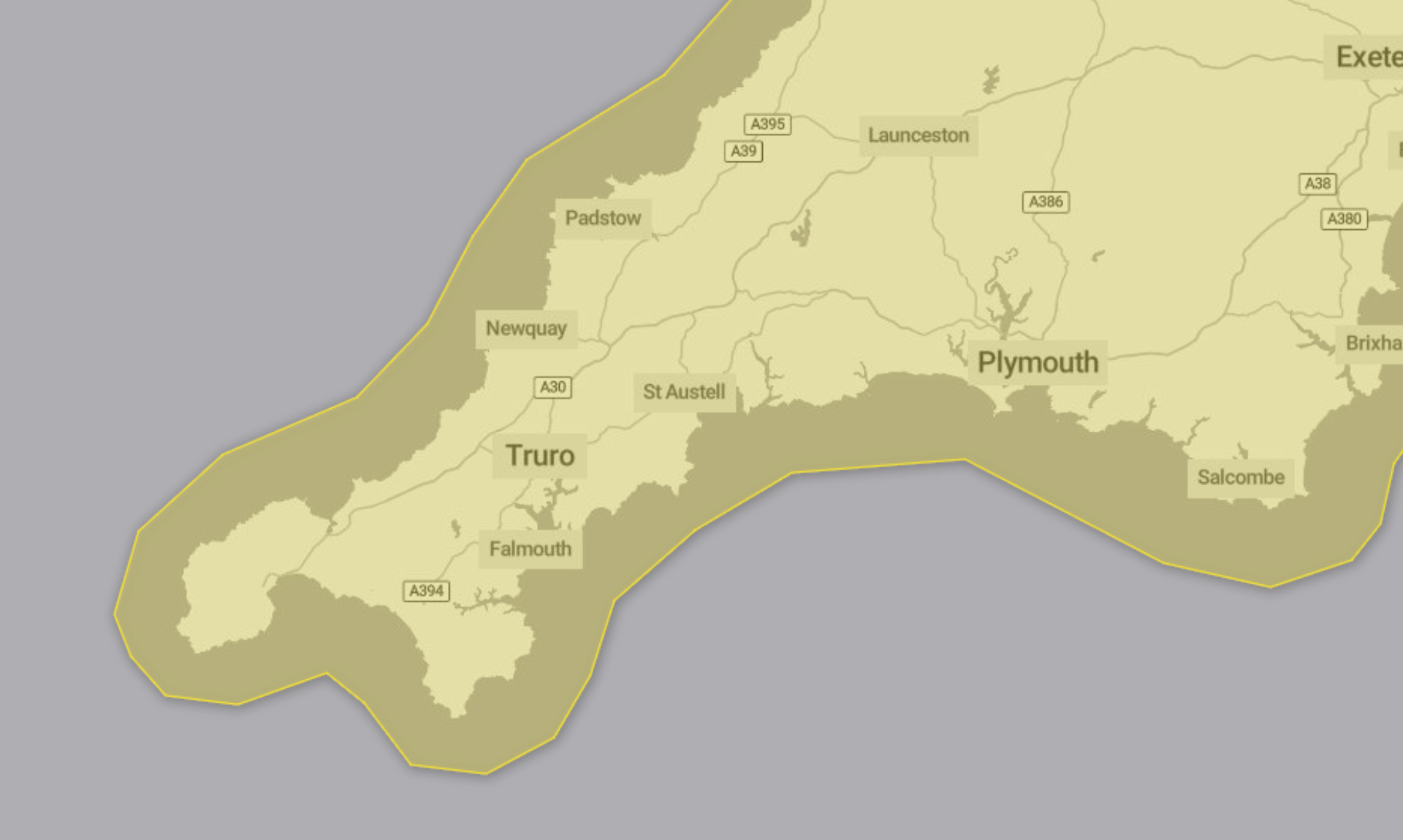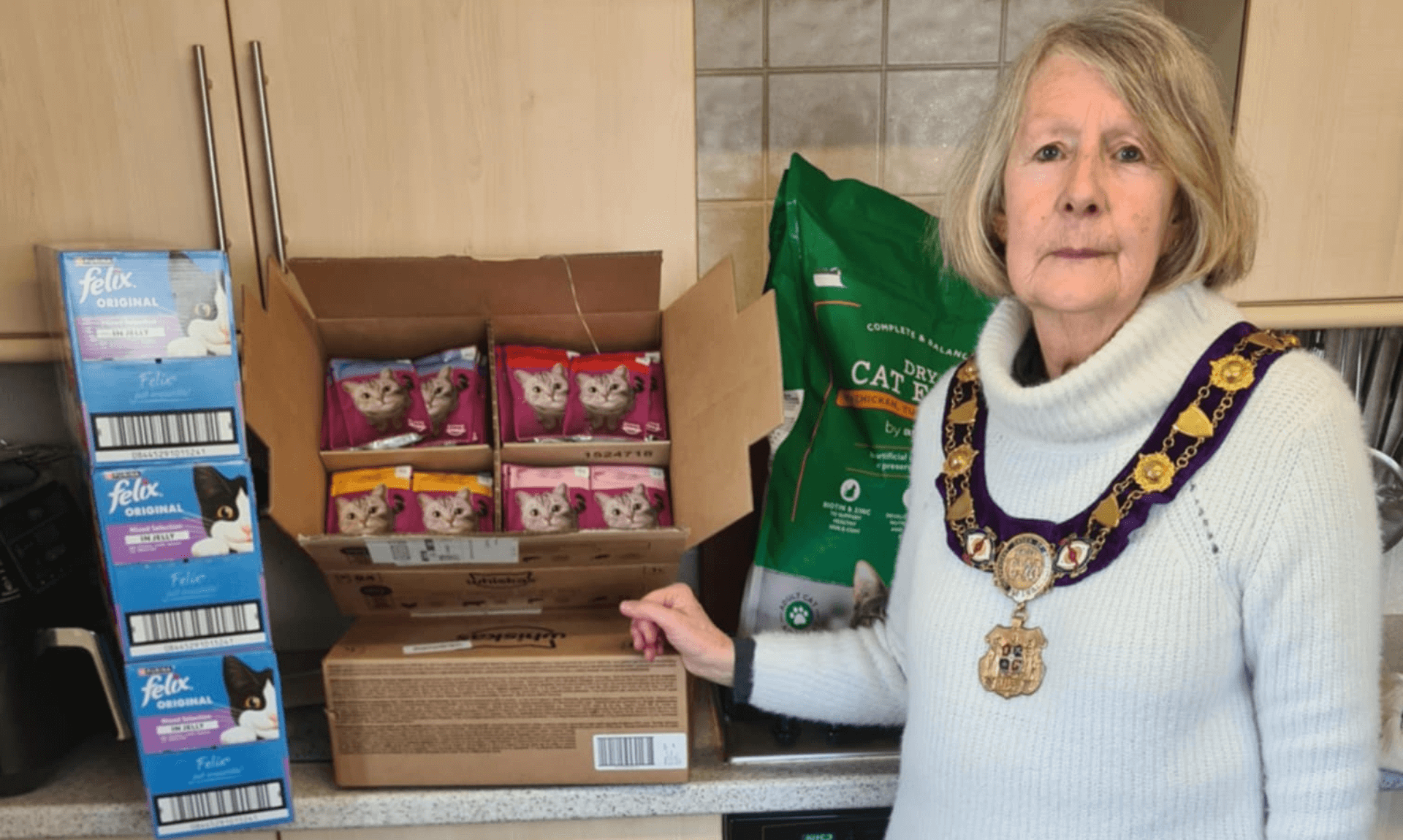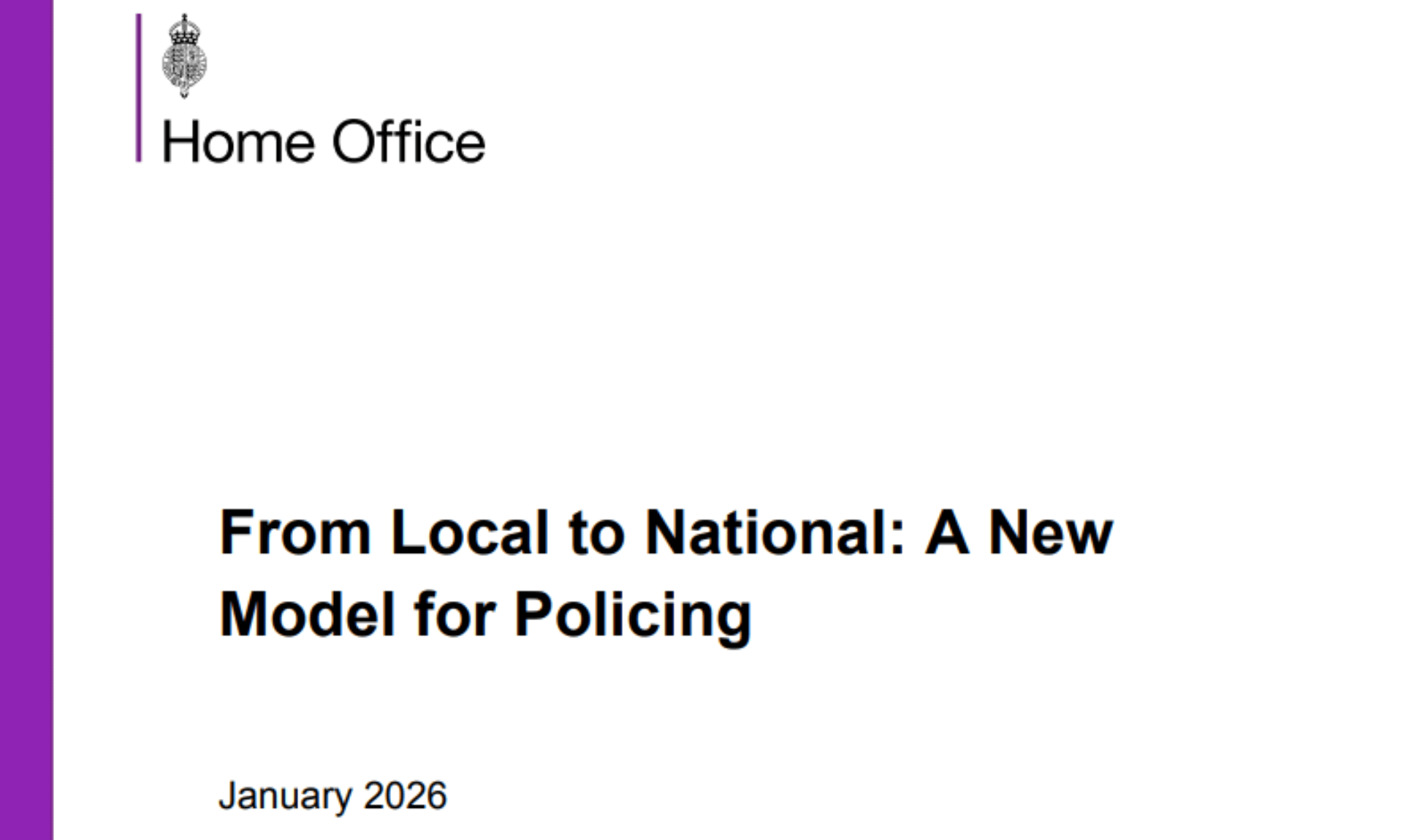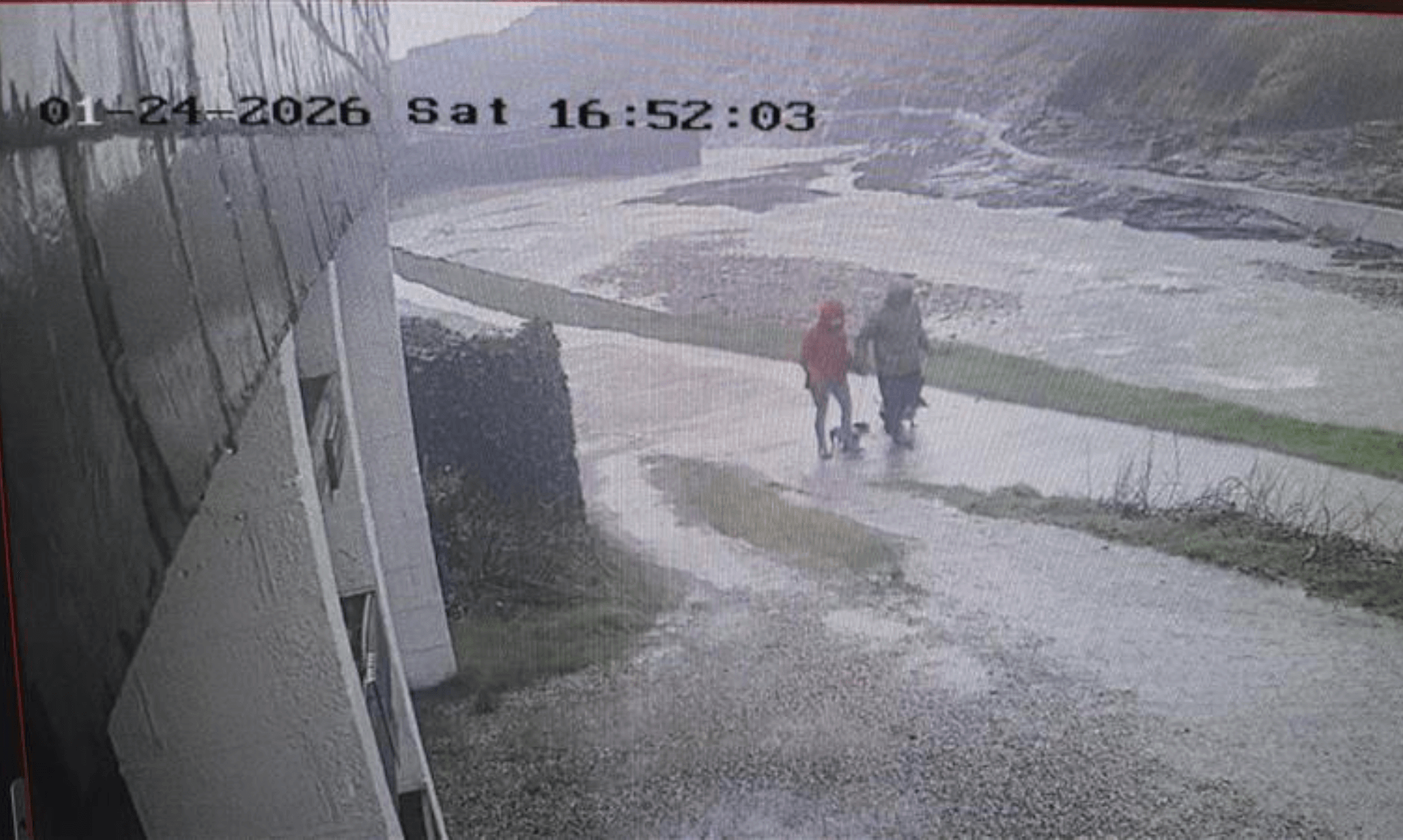Concerns Raised Over Flea Treatments Impacting Aquatic Life
Environmental and veterinary circles are abuzz with concerns over the environmental impact of common flea treatments used on pets. According to Cornwall Climate Care, substances found in these treatments, designed to keep pets free from fleas, are now being linked to significant ecological harm, particularly to aquatic ecosystems. The spotlight is on the toxic substances contained within pesticide-based spot-on flea treatments for dogs and cats, which research indicates are finding their way into rivers, adversely affecting aquatic life.
Recent research supervised by biologist Dave Goulson has brought to light the concerning presence of neurotoxic insecticides such as fipronil and imidacloprid in watercourses across the country. These substances, which are banned for use in agriculture due to their harmful effects, are now being detected in natural water bodies, posing a serious risk to invertebrates that form the foundation of the aquatic food chain.
The persistence of these chemicals in the environment is particularly alarming. They can enter water bodies through various means, including dogs swimming in rivers or the washing of pets and their bedding, leading to a widespread distribution of these toxic substances. This environmental persistence underscores the need for reconsidering the use of such treatments, especially given their potential to harm not just aquatic life but also pet owners. Individuals applying these treatments to their pets can be exposed to the chemicals for up to 28 days, raising concerns about the long-term health implications for both humans and animals alike.
In light of these findings, vets are being urged to exercise caution in prescribing pesticide-based flea treatments. Dave Goulson’s work highlights an often-overlooked aspect of pet care, suggesting that the recommendation of flea treatments may be more frequent than necessary. With the environmental and health risks now coming to the forefront, there is a growing call for the veterinary community to seek alternative, less harmful solutions for flea and tick prevention.
This development raises important questions about the balance between effective pet care and environmental stewardship. As the conversation around these findings continues, it may prompt a shift towards more sustainable practices in pet healthcare, aligning the well-being of pets with that of the planet.
Share This Story, Choose Your Platform!
To keep up with the latest cornish news follow us below
Follow CornishStuff on Facebook - Like our Facebook page to get the latest news in your feed and join in the discussions in the comments. Click here to give us a like!
Follow us on Twitter - For the latest breaking news in Cornwall and the latest stories, click here to follow CornishStuff on X.
Follow us on Instagram - We also put the latest news in our Instagram Stories. Click here to follow CornishStuff on Instagram.
You Might Also Be Interested In
Don’t Miss What’s Happening in Cornwall
Join others in Cornwall by receiving the latest daily news in Cornwall, sent direct to your inbox.





